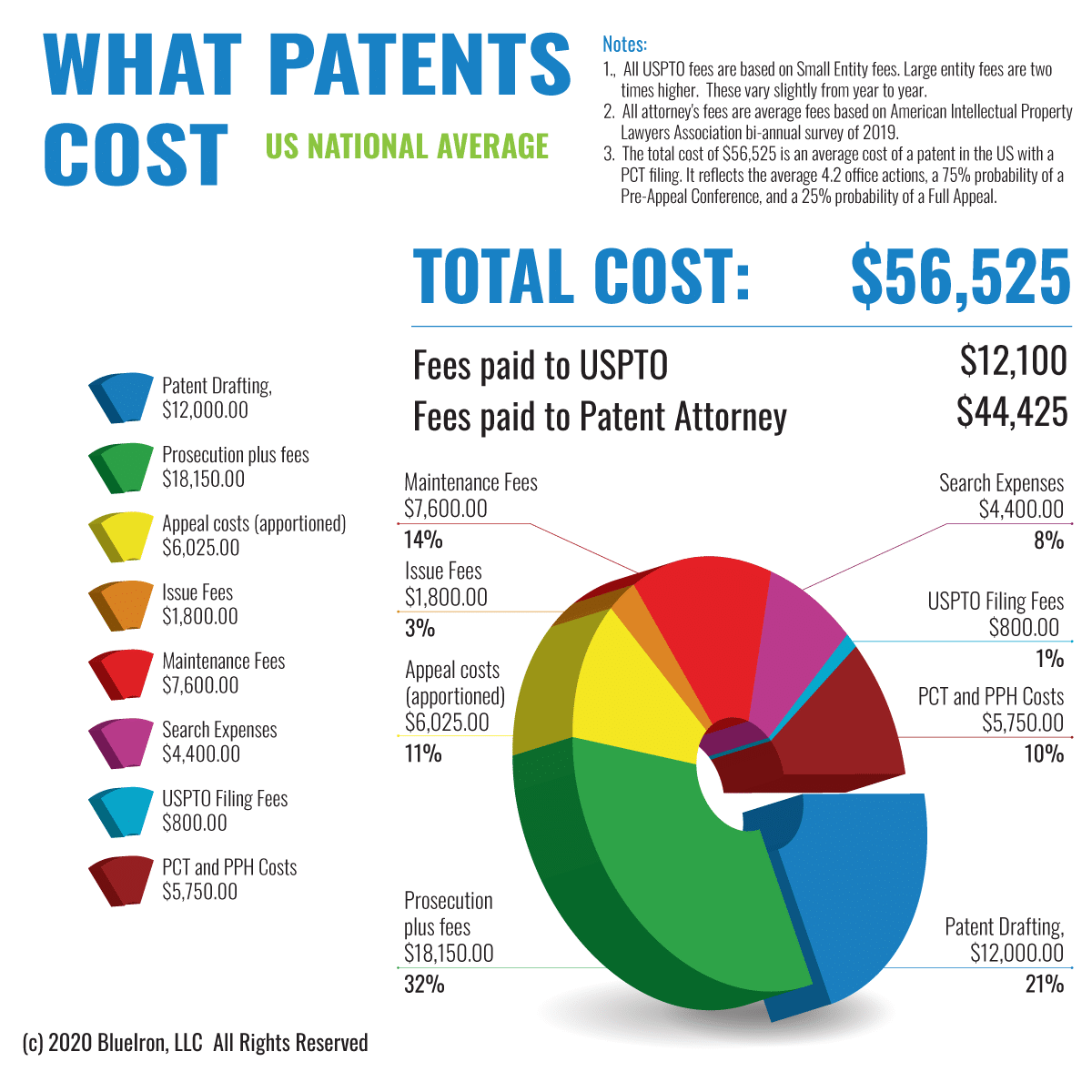Why Your Patent Attorney Does Not Want Your Patent To Be Granted
There is a perverse incentive for your patent attorney to *not* get your patent allowed. It is called “money.”
Clients are at the mercy of their patent attorneys. For small companies who do not have inhouse patent counsel, they outsource their patents to outside counsel who have a financial incentive to keep a patent pending as long as possible.
Here’s a breakdown of costs for a patent. For more details, click here.

“We are going for ‘broad’ claims”
The classic line of the patent attorney is that “we are going to get ‘broad’ claims, so expect to be rejected by the examiner.” This is really to prime you to expect to pay for rejection after rejection.
The truth is that patent attorneys typically make twice the amount of money during “prosecution” (the back-and-forth with the examiner) as “preparation” (writing the initial patent application). For some attorneys, they can drag out prosecution for years by kicking the can down the road.
Here’s more detail on the “broad claims” excuse.
“The examiner does not understand”
Another classic line is something to the tune of “the examiner does not understand your invention.”
The truth of the matter is that the examiner probably knows more about your technology than you do. Examiners work in “art units” and specialize in your exact technology. Their job, day in and day out, is to search and read all the inventions ever made in your specific technology. They have seen every invention over and over and know your technology cold.
Here’s a podcast episode from PatentMyths that deconstructs the myth that patent examiners are awful. In the podcast episode, I describe how to use the examiner’s expertise to your advantage.
The economics of this situation are simple: “just a little more money and we can (hopefully) get your patent across the goal line.”
By the time you are going back and forth with the examiner, it may be 2-4 years since you filed your patent. There are lots of sunk costs in this project, and the patent is usually a huge cause for celebration for an individual or a company.
While the Sunk Cost Fallacy can be a huge driver for continuing to pay your patent attorney, the analysis of “it will only cost me this one more response to a rejection” is more legitimate. The cost tradeoff is between getting a patent (a huge win) and the cost of arguing/amending to overcome a rejection (about $4000). With this thought process, it is easy to understand why patent prosecution is a big money maker for law firms.
How to fix this problem?
The problem of managing outside patent counsel is due to a misalignment of interests. The patent attorney sells hours but you want to buy a business asset. You want “protection” but the attorney wants to feed their family.
The solution used by Big Companies is to have inhouse patent counsel. Inhouse counsel know how the game is played and can create and implement IP strategy. Because inhouse counsel typically started in a law firm, they can spot problems before they start.
The mindset of inhouse counsel is focused on what happens after we get a patent. They are trying to use the IP to align with the long term strategy of the business. Outside counsel’s only job is to get the patent through the Patent Office.
How can small companies deal with this issue? One way is to hire an IP strategist. Typically, these are ex-inhouse counsel who can create IP strategy that aligns with the business, then ride heard on outside counsel to make sure the patents have value. It is absolutely critical that the IP strategist does not write the patents or do patent prosecution, otherwise there is a conflict of interest. They need to be objective.
The other way to deal with this issue is to find a different way to get their patents. BlueIron’s patent financing is one way. Because IP is treated as collateral through a financing deal, BlueIron’s incentive is look beyond just getting a patent through the examiner. BlueIron needs the patent to be valuable afterwards.